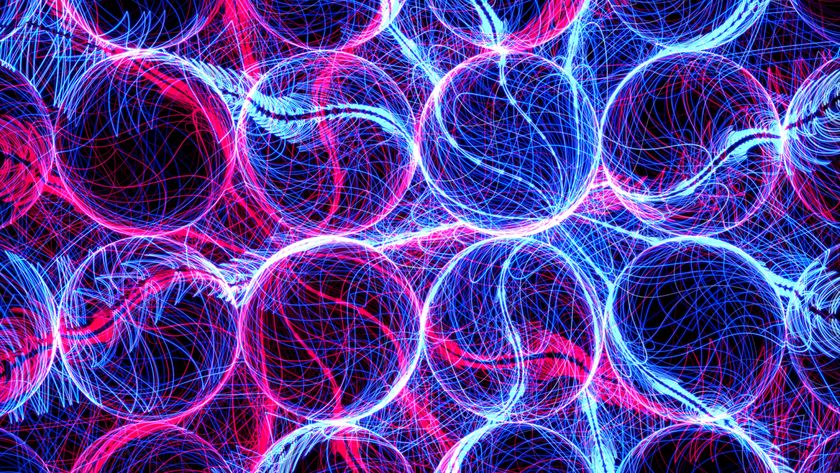Follow Live Science on social media
Read about the latest news, incredible discoveries and mind-bending advances in science by following us on social media.
Join our 1M+ followers on Facebook
Join the conversation on X (formerly Twitter)
Scientists find one of the oldest stars in the universe in a galaxy right next to ours https://t.co/I75ZBzhpTrApril 25, 2024
Get the latest science news on Flipboard
Share the latest stories with your friends and family on Whatsapp

Experience science at its most awe inspiring on Instagram
A post shared by Live Science (@live_science)
A photo posted by on
Join our community on Threads
Have some fun with us on TikTok
@livescience ♬ Spooky, quiet, scary atmosphere piano songs - Skittlegirl Sound
Connect with our writers and experts on LinkedIn
Make the Live Science newsletter a fascinating part of your day by signing up below
Sign up for the Live Science daily newsletter now
Get the world’s most fascinating discoveries delivered straight to your inbox.

Divers discover 500,000-year-old treasure trove of fossils in Florida sinkhole

'Perhaps it's only a matter of time': Intelligent life may be much more likely than first thought, new model suggests

Quantum simulation breakthrough will lead to 'discoveries impossible in today's fastest supercomputers,' Google scientists claim
